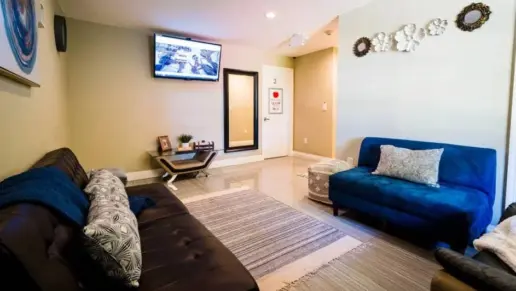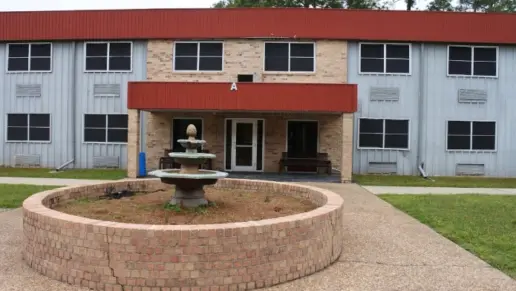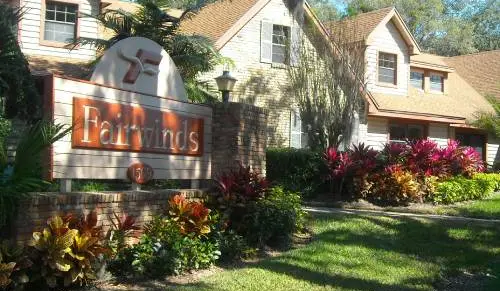About Gateway Community Services on Stockton
Gateway Community Services on Stockton is a nonprofit treatment center available for the community in Jacksonville, Florida. Here at this treatment center they specialize in treating children, adolescents, adults and their families who are struggling with substance abuse and co-occurring disorders. The levels of care offered at this facility include medical detox, residential treatment, an intensive outpatient program (PHP) and aftercare. They also offer recovery housing. This facility provides flexibility with treatment coverage including self pay, and sliding scale fees. They also accept Medicaid insurance among a variety of other insurances.
What stands out the most to me is the services they offer to the community, especially to individuals who do not have financial support, are experiencing homelessness, or are uninsured or underinsured. This facility’s medical detox is the only nonprofit within the area of Northern Florida. This opens up an opportunity for individuals who may feel like they have no options for treatment. It creates hope, motivation, as well as encouragement to live a healthier and happier life.
Medical detox gives you a chance to get the medical help you need during the beginning stages of recovery. This stage can include withdrawals and cravings, and supervised detox minimizes potential complications. You will be under medical supervision around the clock throughout the duration of this level of treatment.
After the completion of treatment they also offer recovery housing to men, women and women with children. This option provides a safe and secure environment to help you continue your journey in recovery. They have three sites. Alumni house is available to both men and women. Magnolia house is for women and children. The Independence Village offers long term housing for men and women. This helps you develop a sense of community by being in the atmosphere of a sober and healthy environment and still having the support of staff and peers.
Facility Overview
Rehab Score
Gallery
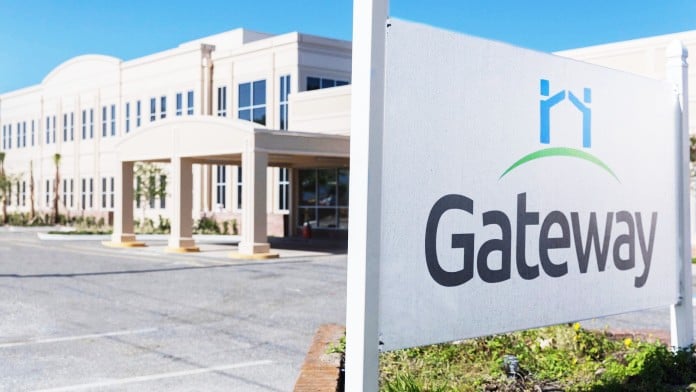
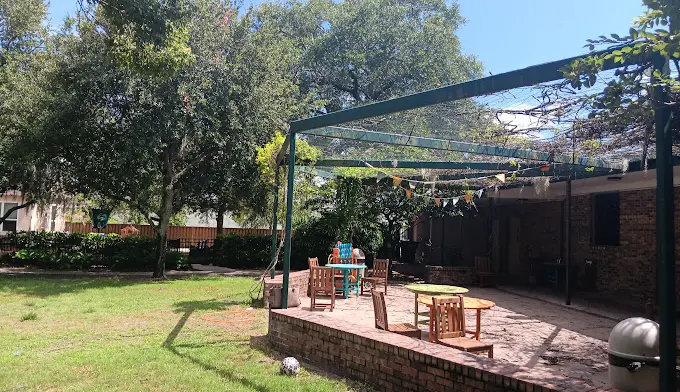

Location
Other Forms of Payment
Private insurance refers to any kind of healthcare coverage that isn't from the state or federal government. This includes individual and family plans offered by an employer or purchased from the Insurance Marketplace. Every plan will have different requirements and out of pocket costs so be sure to get the full details before you start treatment.
Self-pay involves paying for treatment out of your own pocket. You can use savings or credit, get a personal loan, or receive help from family and friends to fund your treatment. If you don't have insurance or your insurance plan doesn't cover a specific program, self-pay can help ensure you still get the care you need.
Sliding scale payments are based on a client's income and family size. The goal is to make treatment affordable to everyone. By taking these factors into account, addiction recovery care providers help ensure that your treatment does not become a financial burden to you or your family, eliminating one barrier to care.
Medicaid is a state based program that helps lower-income individuals and families pay for healthcare. Medicaid covers addiction treatment so those enrolled can use their coverage to pay for rehab. When a program accepts Medicaid the client often pays very little or nothing out of their own pocket.
Addiction Treatments
Levels of Care
Treatments
The goal of treatment for alcoholism is abstinence. Those with poor social support, poor motivation, or psychiatric disorders tend to relapse within a few years of treatment. For these people, success is measured by longer periods of abstinence, reduced use of alcohol, better health, and improved social functioning. Recovery and Maintenance are usually based on 12 step programs and AA meetings.
Drug rehab in Florida provides quality treatment to help individuals overcome dependency related to a wide range of addictive substances. Programs address both the physical and mental aspects of addiction in order to help you make a full recovery.
Many of those suffering from addiction also suffer from mental or emotional illnesses like schizophrenia, bipolar disorder, depression, or anxiety disorders. Rehab and other substance abuse facilities treating those with a dual diagnosis or co-occurring disorder administer psychiatric treatment to address the person's mental health issue in addition to drug and alcohol rehabilitation.
A combined mental health and substance abuse rehab has the staff and resources available to handle individuals with both mental health and substance abuse issues. It can be challenging to determine where a specific symptom stems from (a mental health issue or an issue related to substance abuse), so mental health and substance abuse professionals are helpful in detangling symptoms and keeping treatment on track.
Opioid rehabs specialize in supporting those recovering from opioid addiction. They treat those suffering from addiction to illegal opioids like heroin, as well as prescription drugs like oxycodone. These centers typically combine both physical as well as mental and emotional support to help stop addiction. Physical support often includes medical detox and subsequent medical support (including medication), and mental support includes in-depth therapy to address the underlying causes of addiction.
Programs



Clinical Services
Therapists who apply cognitive behavioral therapy in Florida believe patient thoughts and behaviors are closely linked. They use this treatment method to help clients change their thought patterns so they can also change behaviors and break free from substance abuse.
Research clearly demonstrates that recovery is far more successful and sustainable when loved ones like family members participate in rehab and substance abuse treatment. Genetic factors may be at play when it comes to drug and alcohol addiction, as well as mental health issues. Family dynamics often play a critical role in addiction triggers, and if properly educated, family members can be a strong source of support when it comes to rehabilitation.
Group therapy is any therapeutic work that happens in a group (not one-on-one). There are a number of different group therapy modalities, including support groups, experiential therapy, psycho-education, and more. Group therapy involves treatment as well as processing interaction between group members.
In individual therapy, a patient meets one-on-one with a trained psychologist or counselor. Therapy is a pivotal part of effective substance abuse treatment, as it often covers root causes of addiction, including challenges faced by the patient in their social, family, and work/school life.
Amenities
-
Private Setting
Staff & Accreditations
Staff

Board of Director Chairman

President and Chief Executive Officer

Chief Medical Officer

Chief Operating Officer

Chief Financial Officer

Chief of Facilities

Chief Human Resources Officer

Vice President of Quality Improvement and Corporate Compliance Officer
Accreditations

The Substance Abuse and Mental Health Services Administration (SAMHSA) is a branch of the U.S. Department of Health and Human Services. Established in 1992 by congress, SAMHSA's mission is to reduce the impact of substance abuse and mental illness on American's communities.
SAMHSA Listed: Yes

The Commission on Accreditation of Rehabilitation Facilities (CARF) is a non-profit organization that specifically accredits rehab organizations. Founded in 1966, CARF's, mission is to help service providers like rehab facilities maintain high standards of care.
CARF Accreditation: Yes
Contact Information
555 Stockton Street
Jacksonville, FL 32204
